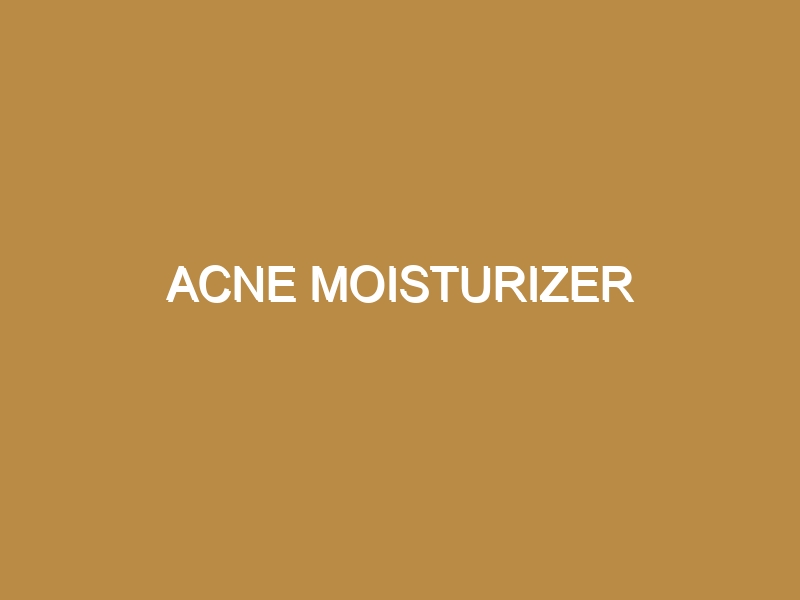However, it is better for people with acne-prone skin to exfoliate their faces more often- every day a week. Now, the concern here is- too much exfoliation can leave your skin quite dry. Thus, you have to be gentle when you are exfoliating You should not use rough products and you should not use too much force or speed.
Good Acne Treatments List of the Best The Ordinary Products for Acne 1. Glycolic Acid 7% Toning Solution 2. The Ordinary Niacinamide 10% + Zinc 1% 3. AHA 30% + BHA 2% Peeling Solution 4. Salicylic Acid 2% Solution 5. Retinol 1% in Squalane What are the key ingredients used in The Ordinary Products? How to use The
Acne V Neck T Shirt The EradiKate Acne Treatment contains salicylic acid to dissolve sebum in a breakout while safely drying the fluid buildup to shrink the head of the pimple overnight. This treatment is ideal for those battling whiteheads that are nearing their head. $26 Want more stories like this? Colloidal Silver Might Be the Key to Treating Your
Acne Antibiotics Treatment For Acne Marks Acne Treatments In Pregnancy Why Derms Always Recommend Salicylic Acid For Oily & Acne-Prone Skin – Dermatologists explain everything you need to know about using salicylic acid for skin, aka the beta-hydroxy acid famous for. Acne occurs in part when there is a buildup of dead skin cells in the pores.
The truth is that exfoliating is good for acne prone skin for a variety of reasons. Dr. Schweiger explains that, "Using a gentle exfoliator on a regular basis is helpful for managing acne prone skin and preventing the development of new acne bumps. A gentle exfoliator will clean dirt and debris from your skin, before it becomes trapped in your.
Lacne Face Wash Review Acne Quit Drinking Aug 4, 2020. The most common spots for breakouts are the face, chest, shoulders, and back. Although mild acne may improve with over-the-counter. Four main factors cause acne: Excess oil (sebum) production Hair follicles clogged by oil and dead skin cells Bacteria Inflammation Acne typically appears on your face, forehead, chest, upper
If you have inflammatory acne, you should avoid physical exfoliants altogether unless otherwise advised by your healthcare provider. Chemical Exfoliants Chemical exfoliants work without abrasive agents. Instead, chemical exfoliants dissolve or loosen the bonds that hold dead cells on the skin's surface by means of an acid or enzyme.
Can I exfoliate if I have acne? Short answer: Yes. Certain exfoliants can help reduce the appearance of acne and fade acne scars. However, it's crucial to choose a product that's gentle yet.
Experts typically recommend exfoliating 2-3 times per week if your skin is prone to acne. Depending on the severity of your acne, you may need to reduce that to 1-2 times per week. Each individual's skin has unique needs, so there's no simple answer. Read on to gain a clearer understanding of what your unique needs may be.
Acne & exfoliation The short answer is yes, you should exfoliate acne-prone skin! Regardless of your skin type, exfoliation helps lift away dulling surface debris. For acne-prone skin, this helps sweep away dulling surface debris that could otherwise clog the pores and create a breeding ground for acne bacteria.
The Best Cleansing Balms For Acne-Prone Skin – If you’re prone to acne, a cleansing balm should be used as the.
It’s rich in exfoliating papaya enzymes that work to gently shed dead skin cells so your skin looks and feels clearer.
15 of the Best Face Self Tanners for Acne-Prone Skin – We’ve picked out the 15 best face self tanners for acne-prone skin so you can glow with confidence — see our favorites.
Acne Treatments Perth Good Acne Treatments List of the Best The Ordinary Products for Acne 1. Glycolic Acid 7% Toning Solution 2. The Ordinary Niacinamide 10% + Zinc 1% 3. AHA 30% + BHA 2% Peeling Solution 4. Salicylic Acid 2% Solution 5. Retinol 1% in Squalane What are the key ingredients used in The Ordinary Products? How



